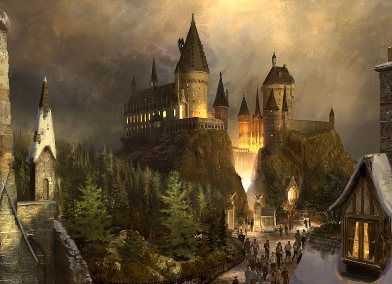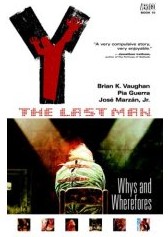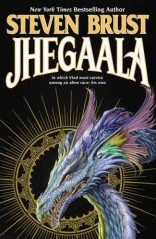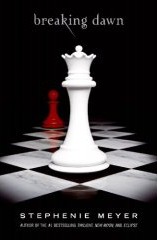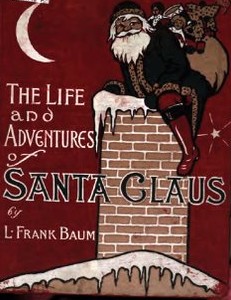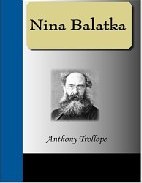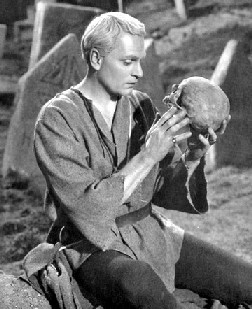Every now and then I stumble onto something from the NY Times Bestseller List. This time the culprit was Eat, Pray, Love by Elizabeth Gilbert.
by Elizabeth Gilbert.
I enjoyed the book, as I always do when I read bestsellers -- they're selling for a reason, after all. Like most NY Times list books I've read, this one was easy to read, with a well-paced plot and simple prose, offering up a few ideas that were clearly stated and repeated in different ways throughout the text. It wasn't a stupid book by any means, but also not a hard book. It took me somewhere else for a few hours, and when I came back I didn't feel overtaxed or like I'd been materially changed. So that was fine.
I don't always want to read books that leave me disaffected, but sometimes it's nice to have the option. I started wondering what else was out there, so for the first time in my life I actually read the NY Times list and learned a few things.
First of all, Ron Paul's manifesto, The Revolution , is at #5 on the hardcover nonfiction list. McCain, Obama and Clinton have all had their moments on the list, but then again, lots and lots of people voted for them. I'm tickled that people are happy to read Paul's ideas, probably nodding their heads the whole way, but won't vote for him.
, is at #5 on the hardcover nonfiction list. McCain, Obama and Clinton have all had their moments on the list, but then again, lots and lots of people voted for them. I'm tickled that people are happy to read Paul's ideas, probably nodding their heads the whole way, but won't vote for him.
Laura and Jenna Bush have a kid's book at #1 on the children's list, which led me to the startling discovery that I didn't know the first lady's name. I knew Jenna was a daughter, but couldn't remember if Laura was another daughter or what. I'm ashamed of this: she didn't impress me as the feminist cyclone that Hillary was, so I immediately ignored her. However, Laura was responsible for establishing the National Book Festival, which you'd think I would care about. (Upon closer reading, the Wiki page crows that this festival "invites over fifty published authors" to do their stuff. Over fifty! My goodness! It's like a little kid coming up to her mom on the beach and saying "Look, mom, I picked up over fifty grains of sand!" Wow.) More substantially, she was praised by Desmond Tutu in a recent speech for her efforts to raise awareness about HIV/AIDS in Africa, and it is a big deal to be praised by this man.
I also found out that the children's list is a recent thing, prompted by the insane popularity of the Harry Potter series. Publishers of adult books were grumbling because the Potter books were knocking them down the main list, so the new list was created. Controversy ensued, as people questioned whether kids' books that are read by adults should be relegated to a kids-only list. In other words, are the Potter books literature, or are they the placeholders we give kids until they're old enough for literature? I don't have a position on this, but I think it's interesting that we tend to define literature by how elite it is. Books which appeal to a wide range of people -- adults and kids, men and women, blacks and whites -- have less chance of making it into the canon than books that appeal to a select few. Or so it seems to me.
And finally, which perhaps I should have mentioned first, my meandering research led me to discover that visitors to Orlando will soon be able to visit the Harry Potter amusement park: The Wizarding World of Harry Potter (warning, plays music). Now not only can you see the movies, you can visit the theme park! Soon you won't have to read the blasted things at all!
I am totally going to the theme park, by the way.
